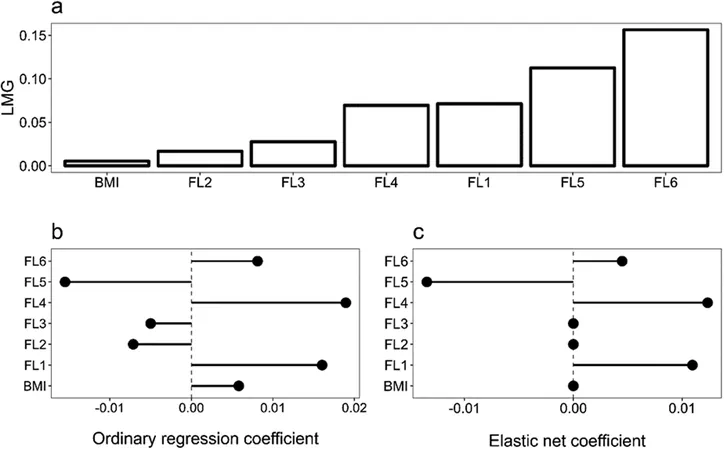
Unlocking the Secrets: Functional Fitness and Mental Health in Older Adults
2025-01-04
Author: Ming
Introduction
As we age, maintaining both physical fitness and psychological well-being becomes increasingly vital. Research has consistently shown that the two are interconnected, but which specific fitness components—such as strength, flexibility, coordination, and endurance—play the most significant role in enhancing mental health in older adults remains a topic of debate.
Research Insights
A groundbreaking study involving 39 older adults, aged between 60 and 94, aimed to clarify this connection by examining how various aspects of functional fitness relate to psychological well-being (PWB). The participants underwent the Fullerton Functional Fitness Test (FFFT) to measure six key components: lower and upper body strength, lower and upper body flexibility, coordination, and aerobic endurance. Following this, they completed several psychological assessments that evaluated resilience, mental well-being, optimism, life satisfaction, and happiness.
The findings were compelling: while body mass index (BMI), upper body strength, and flexibility emerged as the least significant predictors of PWB, the study revealed that endurance, coordination, and lower body flexibility are critical to maintaining mental health in older adults.
Why This Matters
The implications of these findings extend beyond academic interest; they provide crucial insights for designing intervention programs tailored to boost both physical fitness and mental health among older populations. As older adults often face challenges such as loneliness and depression, engaging in functional fitness activities that emphasize endurance, coordination, and flexibility could offer a dual benefit—enhancing physical abilities and uplifting spirits.
Healthcare professionals are encouraged to implement exercise regimens that focus specifically on these key components to maximize psychological benefits. Think about it: improved mobility not only prevents falls and other injuries but could also lead to increased happiness and life satisfaction.
Real-World Applications
One practical application of this research could be in community centers and rehabilitation facilities, where programs can be tailored to include more coordination and endurance training. These could range from dance classes that promote agility to aerobics sessions that elevate heart rates while fostering social interaction—both of which are essential for mental health.
Additionally, the study reinforces the notion that engaging in regular physical activity is critical for emotional resilience and mental well-being in older adults. As highlighted in the research, a structured physical activity regimen could serve as a powerful tool against the natural decline in mental health that often accompanies aging.
Future Directions
While this research provides a solid foundation, exploring the mechanisms that connect functional fitness to PWB warrants further investigation. Future studies should engage larger samples and a broader array of psychological measures to deepen our understanding of how fitness can transform mental health in aging populations.
Conclusion
In summary, the study underscores a powerful message: prioritizing endurance, complex movement coordination, and lower body flexibility in fitness programs can yield remarkable benefits for the mental health of older adults. By making these components a central focus of physical training, we can enhance not only the physical capabilities of our senior population but also their emotional well-being. Let's act on this knowledge—because every step towards physical fitness is a step towards brighter, happier golden years!

 Brasil (PT)
Brasil (PT)
 Canada (EN)
Canada (EN)
 Chile (ES)
Chile (ES)
 Česko (CS)
Česko (CS)
 대한민국 (KO)
대한민국 (KO)
 España (ES)
España (ES)
 France (FR)
France (FR)
 Hong Kong (EN)
Hong Kong (EN)
 Italia (IT)
Italia (IT)
 日本 (JA)
日本 (JA)
 Magyarország (HU)
Magyarország (HU)
 Norge (NO)
Norge (NO)
 Polska (PL)
Polska (PL)
 Schweiz (DE)
Schweiz (DE)
 Singapore (EN)
Singapore (EN)
 Sverige (SV)
Sverige (SV)
 Suomi (FI)
Suomi (FI)
 Türkiye (TR)
Türkiye (TR)
 الإمارات العربية المتحدة (AR)
الإمارات العربية المتحدة (AR)